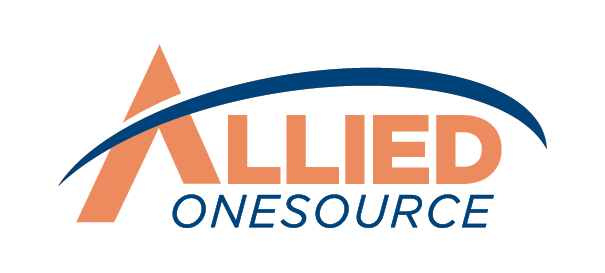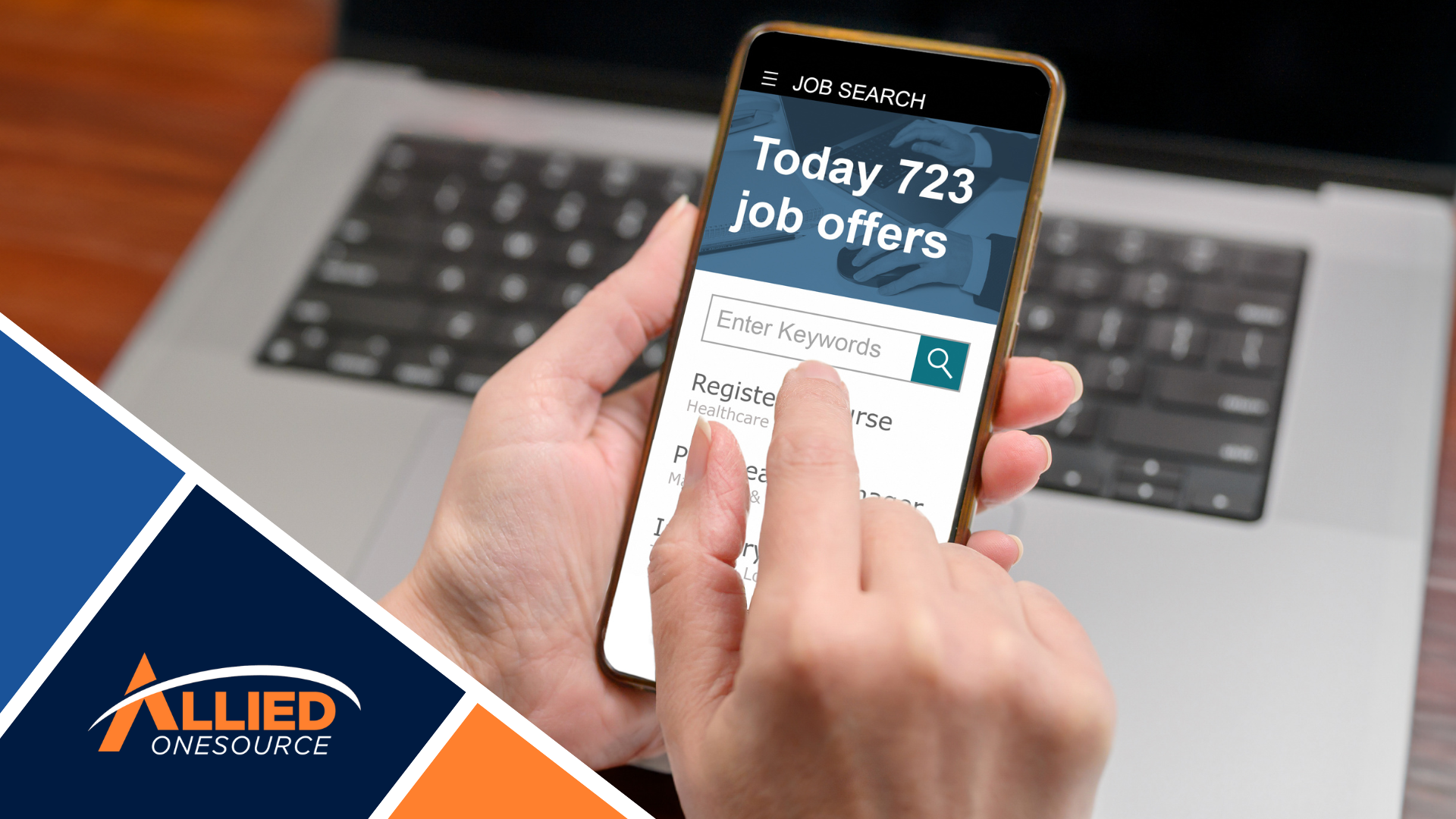6 Key Behavioral Interview Questions & Winning Answers
During the hiring process, Steve Jobs had a straightforward yet insightful approach: “Would I have a beer with this person?” Jobs utilized the "beer test" to go beyond rehearsed responses cut through rehearsed answers. He focused on authentic conversations to gauge strengths and weaknesses.
While some interviewers favor hypothetical queries to understand a candidate's mindset, behavioral questions delve into real-life experiences. It unveils personality traits that significantly impact performance. One great aspect for interviewees is that they already have the answers to these questions—their experiences.
By preparing ahead of time and revisiting stories from previous roles, you can confidently address behavioral questions and demonstrate your suitability for the position.
Understanding Behavioral Interview Questions
Behavioral interview questions focus on your actions in specific situations. It reveals how you handle stress, your skill level, and your professionalism. They offer interviewers a better grasp of who you are as a candidate.
While questions like "What's your greatest strength?" are common, they might not provide as much insight as behavioral questions like, "Can you share a time when you went above and beyond your responsibilities?" These questions encourage candidates to recount specific experiences and show their abilities in practical contexts.
Recruiters invest a significant amount of time in the interview stage of the hiring process. On average, the hiring process in the US takes 24 days¹ with recruiters spending more than two weeks on the interview process. ²
This shows the significant investment of time and resources recruiters allocate to the interview phase. Hiring managers use behavioral questions to uncover candidates' skills, abilities, and personal qualities that might not be obvious from their resume or cover letter. This also helps determine how well they would fit within the company's culture and meet its needs.
Related Reading: Why Employers Now Prefer Skills Over Diplomas When Hiring
Winning the Interview: Behavioral Interview Questions and How to Nail Them
We've compiled behavioral interview questions to help you prepare for your next job interview. It helps you understand the skills and qualities these questions are designed to test.
Read More: Here's Why Soft Skills Matter More in a Digital World
Recall a situation involving a difficult boss or coworker. How did you manage to interact with them successfully?
The interviewer wants to determine how you engage in professional and constructive interactions with others, even in the presence of challenging personalities or differing work styles. Your answer should illustrate your ability to work well with different individuals. And how your communication style contributes to improved team dynamics.
How to respond: Share where you dealt with a challenging boss or coworker by effectively communicating with them. Describe the situation, explain why successful communication was crucial, and outline the steps you took to establish a positive relationship with them.
Things to be cautious of: Remember to avoid speaking negatively about past or current colleagues. This could poorly reflect your professionalism and ability to work effectively with others. Instead, demonstrate your ability to handle challenging situations with tact, diplomacy, and a solutions-oriented mindset.
Can you recall when you had to make a split-second decision? How do you handle unexpected pressure?
We face countless decisions every day. The interviewer is interested in how you
manage pressure when faced with an unexpected decision. Your response offers a concrete example of your ability to make quick decisions and think independently. It sets you apart as a top-notch professional among other candidates.
How to respond: Recall when you were under unexpected pressure, had to decide quickly, and made the right call. Describe the situation, outline the last-minute decision you had to make, and explain how you arrived at your final choice. Make sure to show that your decision was thoughtful even in the pressure-filled moment.
Offer as much detail as possible about how you weighed the pros and cons. If your decision produced measurable results, discuss the impact.
Things to be cautious of: While the interviewer wants to hear about a challenging situation, avoid describing scenarios that may appear overly dramatic or negative. Pick a scenario that showcases your ability to manage unexpected pressure with calm and efficiency.
Don't blame others or emphasize external factors contributing to the pressure when describing the situation. Concentrate on your actions and how you made your decision.
Share an experience when you faced failure. How did you bounce back from it?
The interviewer wants to determine your resilience in overcoming setbacks. Your response should emphasize your capacity to rebound from disappointments rather than dwell on failure. Showcase your tenacity, commitment, and determination to persevere, even when faced with unexpected challenges.
How to respond: Setbacks are a natural part of life, and it's important to learn from them. Provide an example of a project or task outcome that didn't go as planned but taught you valuable lessons. Perhaps you benefited or gained valuable insight.
Describe the obstacle you faced and how you overcame it to achieve success. Highlight your resilience and dedication, even in failure, and how you plan to apply these lessons in your new role.
Things to be cautious of: While providing a specific example is important, avoid sharing overly personal details or anecdotes that may not be relevant to the interview or could make you appear too emotionally invested in the setback. Use positive language to frame your response, emphasizing your ability to rebound and grow from setbacks rather than focusing on disappointment or failure.
How do you manage tasks with minimal supervision?
Supervision may be limited in certain positions, particularly remote or work-from-home roles. The interviewer is interested in whether you can remain productive without direct supervision. Your goal is to highlight your ability to earn trust from past employers and consistently perform well, even in situations with limited supervision.
How to respond: Discuss an instance when you achieved significant success in your work despite minimal supervision from your employer or someone in authority. Conclude by asking about the level of supervision in this specific role. It's your responsibility to ensure the support level aligns with your needs. Lastly, emphasize how your ability to work independently will benefit the company when they hire you.
Things to be cautious of: When discussing instances of working without direct supervision, it's important to avoid sounding overly confident or dismissive. Refrain from implying that you require minimal oversight or accountability. Instead, emphasize your proactive approach to staying organized and meeting deadlines. Acknowledge the value of feedback and support from supervisors or colleagues too.
Describe a situation where you had to adjust to a significant change in the workplace. How did you manage it?
Change is a frequent aspect of the workplace, and interviewers need assurance you can embrace it. You should demonstrate your ability to adapt to unexpected changes in a professional environment.
How to respond: Mention a scenario where you encountered a workplace change and reacted constructively. Explain how this change impacted your role directly. Discuss how you maintained a positive attitude during the transition.
This could involve shifts in job responsibilities, significant policy revisions, the arrival of a new manager, or acquisition of your company. These real-life scenarios provide practical examples to include in your response.
Things to be cautious of: Avoid coming across as resistant or negative when discussing any workplace change. Even if the change was initially challenging, focus on how you approached it with a constructive mindset and a willingness to adapt.
Describe a situation where you handled a displeased customer. What was the issue, and how did you resolve it?
The interviewer is interested in your capacity to handle stressful or uncomfortable customer situations professionally. Your objective is to demonstrate your capability to defuse customer concerns and provide professional service.
How to respond: Provide a brief overview of a situation in which you addressed a customer service issue. Emphasize your capacity to stay patient and level-headed during conflicts. Focus primarily on the positive steps you took and the resolution you reached with the customer than dwelling on conflict details.
Things to be cautious of: Be careful not to blame or criticize the customer, even if their behavior is challenging. Focus on how you approached the situation with empathy and professionalism.
Keep a respectful and positive tone in your response. Avoid using negative language or expressing frustration or annoyance with the customer. This may poorly affect your ability to handle difficult situations professionally.
STAND OUT IN YOUR NEXT INTERVIEW WITH ALLIED ONESOURCE
Allied OneSource is your go-to partner for nailing your upcoming interviews. We're here to ensure you are confident and competent by connecting you with companies that share your career ambitions and values. This boosts your chances of landing your dream role.
Our comprehensive preparation tools and insights mean you're all set to impress in interviews and make your professional dreams a reality. Contact us today to start working on your dream career!
References
1 Flynn, Jack. "20+ Essential Hiring Statistics [2023]: Everything You Need to Know About Hiring." Zippia, 19 Feb. 2023, https://www.zippia.com/advice/hiring-statistics/.
2 Boskamp, Elsie. "40 Important Job Interview Statistics [2023]: How Many Interviews Before Job Offer." Zippia, 21 June 2023, https://www.zippia.com/advice/job-interview-statistics/.










